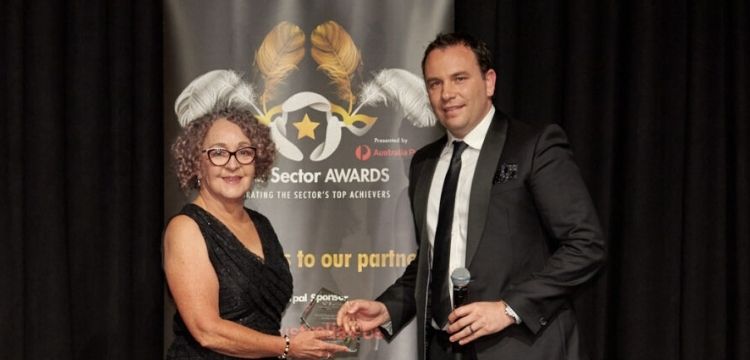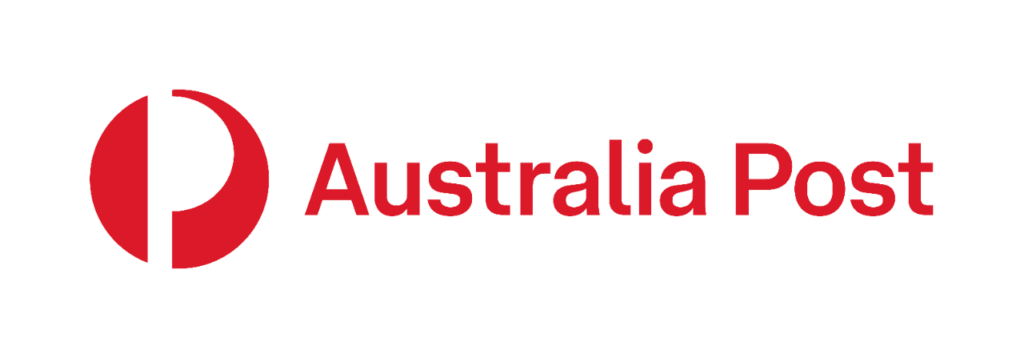The 2021 Third Sector awards Social Entrepreneur of the Year is sponsored by:
Paul co-founded Jigsaw, a social enterprise that trains and transitions people with disability into mainstream employment, with childhood friends Laura and Jordan O’Reilly.
They were exploring the power of social enterprise to address sector failings, inspired by their brothers’ lived experience of disability. Paul’s own unconventional career path has cemented his belief that approaches to employment should be flexible and tailored according to individual needs.
This is particularly true in the disability sector, which Paul first experienced working at a specialist school, initially as a stop-gap between a photography degree and applying for a career in the military. There, for the first time, he experienced the absurdity of trying to force people with significant support needs through the same structures as the mainstream along a singular path to achievement.
Paul has led Jigsaw since its inception in 2014, growing it from one customer and two employees with disability to a competitive, multi-site digitisation business that has delivered on $1m+ commercial contracts, employed 86 people with disability, provided over 600 traineeships and transitioned 44 people into mainstream employment.
Third Sector News caught up with Paul to talk about the significance of social entrepreneurship and his goals for the future.
What attributes would you say make an excellent social entrepreneur?
Passion for their field and perseverance are two essential qualities. There will always be bumps in the road and challenges along the way, but an unwavering belief in the need to challenge the status quo and deliver a positive social impact is imperative. I suspect that the foundation of that passion is a deep sense of empathy, whether through a lived experience or not. Embracing innovation, I believe, is also a pretty universal trait amongst social entrepreneurs. We see problems as an opportunity to get creative and innovate to develop solutions.
What tools helped you achieve your success? Please send us a list, if possible?
Collaboration – Jigsaw’s success has been contingent on the business, funding and sector collaborations we have built. From Westpac (which has provided funding, contract work and recruitment opportunities) to the Queensland Government who have supported our expansion into Brisbane alongside a number of contract and recruitment opportunities.
What was your driving force to continue making a positive impact despite the difficult times?
My firm belief is that people with disability should be fully included in the workforce. We know that 1% of employees identify as having a disability, despite the fact that people with disability account for 20% of the population. I know that the current system isn’t working and that there has to be a better way. Seeing the positive impact of Jigsaw’s innovative pathway to mainstream employment keeps me focused and motivated.
What’s the most challenging part of being a social entrepreneur?
The relentless pursuit to impact as many lives as possible. Very quickly after your social enterprise starts to demonstrate impact, the pressure to grow from stakeholders is upon you. Whilst it is an exciting prospect it is challenging and this is proven by the number of social enterprises that operate at scale. We worked very hard in our initial years to design a model that was scalable and held back growth before it was clear. This approach helped us manage expectations whilst still operating to impact as many lives as possible.
What goals do you have for 2022?
My goal is to press ahead with our mission to create 1000 traineeships and 600 jobs for people with disability by the end of 2023, benefitting individuals with improved quality of life through financial security, increased social and professional networks and an enhanced sense of self-worth from actively contributing to the economy. Following this, it is our ambition to share the model and learnings to enable others to create more sustainable employment outcomes for people with disability.













